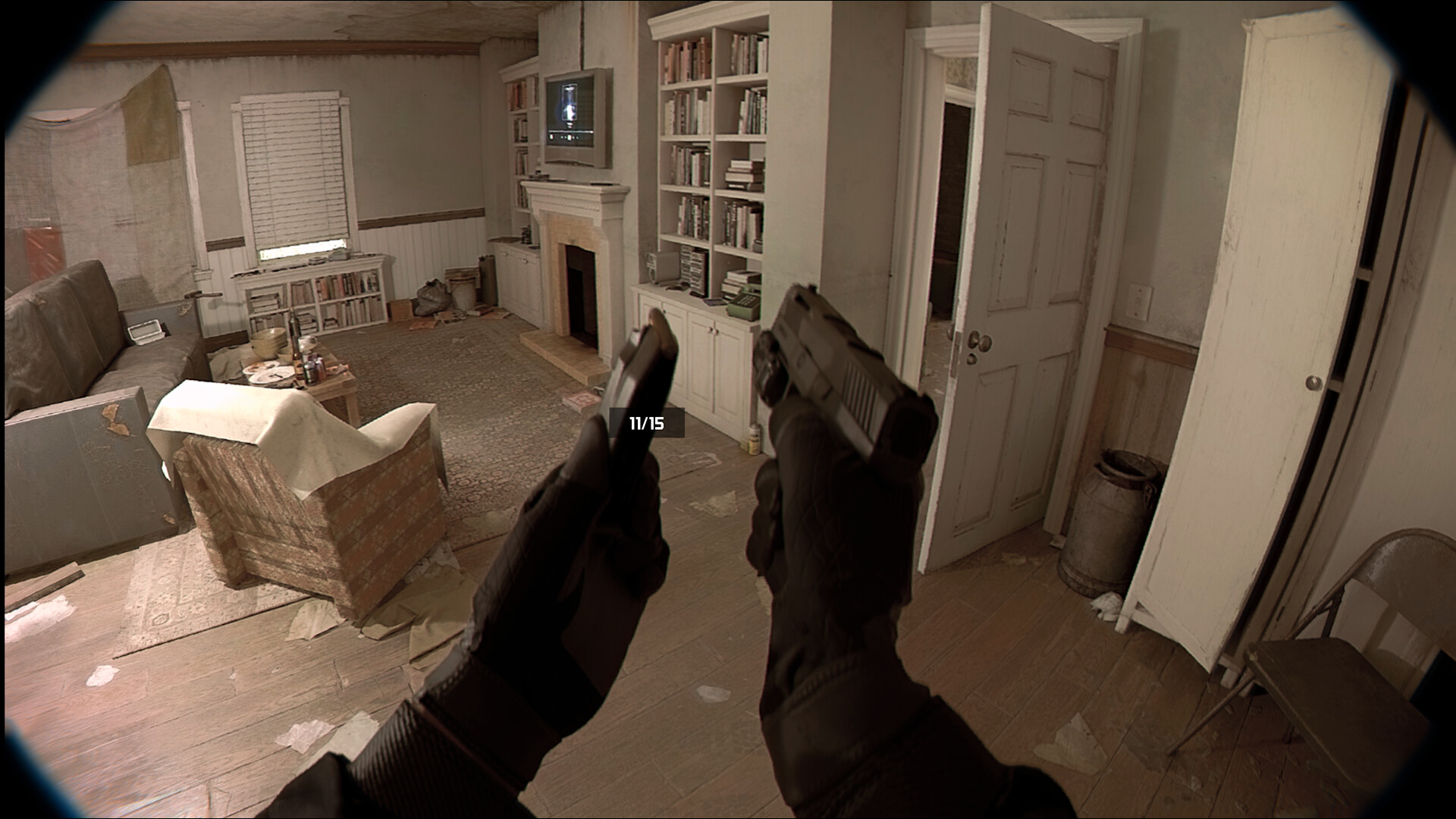An upcoming shooter game called Unrecord aims to accurately simulate the bodycam of a tactical officer. But has its developer’s emphasis on overtly realistic mechanics, graphics, and themes created something a little too true to life?
The technology available to game developers today is allowing them to create more immersive and marvellous experiences than previously thought possible.
Thanks to digital toolkits such as the Unreal Engine 5, we’re able to enjoy bafflingly rich, detailed worlds in seamless high-fidelity without so much as a loading screen interrupting us. According to those behind the scenes, the bar is only going to get higher too.
Last May, Epic Games showed the capabilities of its flagship software by posting what appeared to be an ordinary video of a train station in Japan. Only when checking the annotation and comments did thousands realise they were in-fact looking at an animated demo created by 3D environment artist Lorenzo Drago.
The eerily realistic clip left thousands of gamers – and the Thred office – bemused at how technologically advanced game building had become, and I distinctly remember several remarking that chasing such standards of realism could be a slippery slope for the industry.
A year on, a lot of what we discussed has come to pass with the announcement of a controversial title called Unrecord.
https://youtu.be/75GLY3v1U4c
What is Unrecord?
Developed by a studio called DRAMA, Unrecord is billed as a single-player FPS which tells the story of a tactical police officer from the perspective of his body camera.
The early gameplay trailer is reminiscent of something you’d see on LiveLeak. The protagonist approaches a derelict building and chases armed suspects with a handgun. The jittery camera movements and graphics immediately appear so lifelike that you could easily mistake it for being real footage – and many did. Even the assailants’ faces are blurred.
As the trailer plays out, we gather that high-pressure moral decisions are clearly part and parcel of the campaign. An intense shootout concludes in a small office room where a suspect can be found stood with his arms behind his head; several player options then appear to decide course of action, including ‘You will pay.’
First early gameplay trailer for “UNRECORD”, the bodycam FPS. Wishlist on steam now!@unrecordgame pic.twitter.com/gVa7q0YOGu
— Alexandre Spindler (@esankiy) April 19, 2023
From what little we’ve seen thus far, it appears similar raid-type missions will occur in multiple locations before culminating in some sort of big pay-off and resolution to the case.
We’ve seen a similar gameplay blueprint in sequences of Call of Duty’s Modern Warfare reboot, but it appears the bombastic action synonymous with that franchise won’t be present here. It’ll all be as grounded and intense as the last video.
Reaction to the announcement has been about as mixed as you’d expect. Many are rightfully praising it as a technological feat with unbridled immersion, while others are understandably uncomfortable or disturbed by Unrecord’s imagery and themes.




















